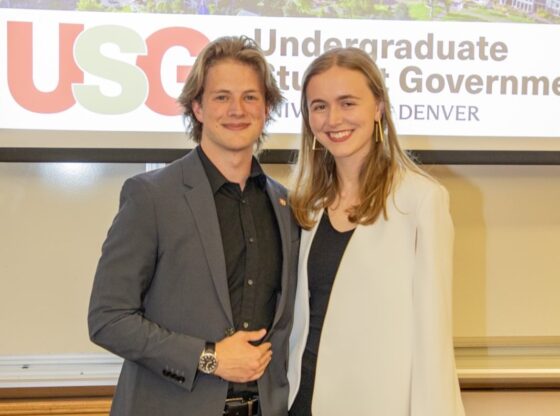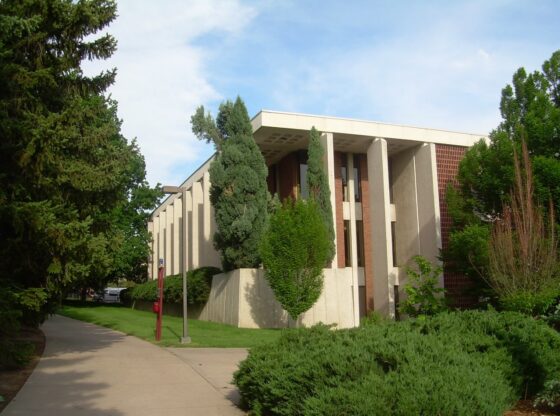On Aug. 31, the Title IX office at DU updated their Title IX procedures, including some new policies. DU’s Title IX policies and procedures go under revision every summer based on feedback they get from parties going through the process throughout the year.
The office also meets with campus partners, such as the Health and Counseling Center (HCC), the Center for Advocacy, Prevention and Empowerment (CAPE) and Campus Safety. They conduct case debriefs and talk about which cases went well and which went poorly. In August, their provisions are rolled out to internal stakeholder groups, comprised of different groups at Campus Life & Inclusive Excellence (CLIE), to look the changes over and then attempt to get changes in place before DU’s law school begins.
Many students at DU were confused and concerned about the new policies put in place this year. In response to students’ concerns, officers from the Office of Equal Opportunity and Title IX— Monica Reynoso and Molly Hooker and the Vice Chancellor for Human Resources and Inclusive Community, Laura Maresca and the Vice Chancellor for Campus Life & Inclusive Excellence, Dr. Liliana Rodriguez, spoke at the USG meeting on Tuesday, Oct. 8.
The first concern they discussed was the fact that people in Title IX cases can be issued amnesty for drugs and alcohol use. They told students that this was done so that all parties, including witnesses may feel comfortable coming forward about what happened without worry of getting in trouble for incidents involving alcohol and drugs. They explained that the office also reserves the right to make referrals for any party participating (respondent, complainant, witness) to counseling for mental health or substance issues.
Another concern was the case resolution timeline. Previously, the office stated that an investigation would be conducted within 60 days. However, in past years, this has not been the average length. The average length for a case to be resolved for the 2017-2018 academic year was 82.5 days. The office found that the 60 day process was unrealistic to complete a thorough investigation. An investigation could be only done in 60 days if there were no other circumstances and complexities of the case. Otherwise, these complexities would extend the deadline further. The office removed the 60 days timeline because of feedback from participants that “the deadline is anxiety inducing, especially in an already stressful situation, and it sets an unrealistic expectation.” The Title IX Office hopes to instead have an average number in the document to ease students involved.
Lastly, the office discussed the removal of the prohibition of alternative resolutions. Alternate resolutions could be a mediation, Standing No Contact order, Temporary No Contact Order and Location Restrictions. This was done because the office believes this gives more alternatives to survivors to heal and move forward. They said they believe it is not fair to dictate how to go about a case without the survivor’s input. A mediation will only be offered if the complainant wants to do it, and respondent and mediator must also agree. There is no requirement that a complainant must meet with a respondent, and in all cases, before moving to an alternative resolution, the facts must not be in dispute and both complainant and respondent agree to the same alternative resolution. If mediation is not wanted, other resolutions are offered.
In response to the students’ complaints about the new Title IX changes and them being left out of the conversation, the office has agreed to implement a student advisory board that will review the policy changes every year. The board will be involved with Title IX, honor code, as well as others university policies for every year going forward. Composing the board will be an effort between the USG Executive Branch and DU’s administration.











